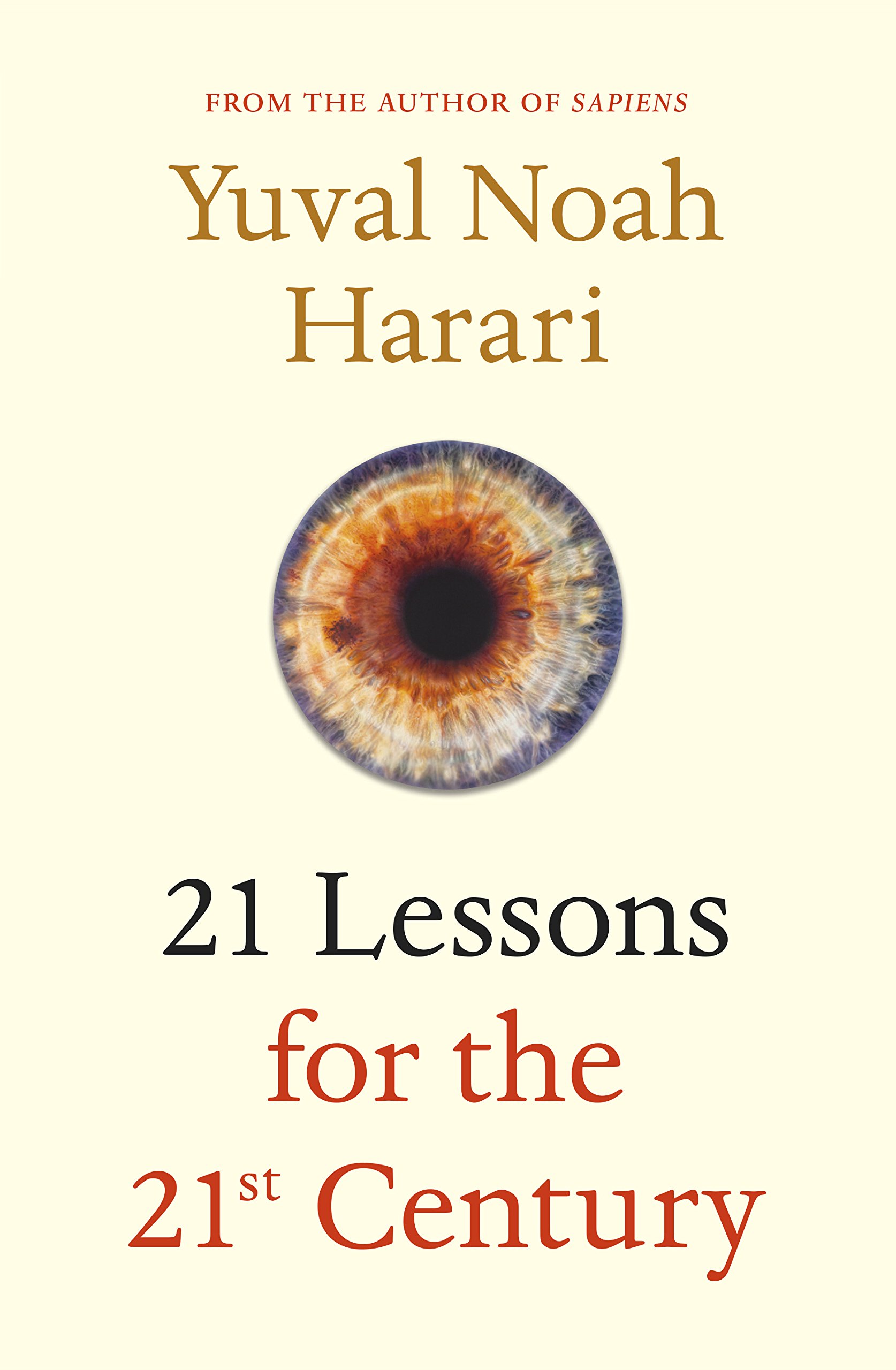Another short post following my initial one about Harari’s new book, 21 Lessons for the 21st Century. Harari is clearly a broad, deep and impressive thinker. Whereas I was a little concerned with his first chapters, the middle ones are great. I will give you a few example below. But first have a look at the subtitles of all these 21 lessons:
Part I: The Technological Challenge
1. DISILLUSIONMENT – The end of history has been postponed
2. WORK – When you grow up, you might not have a job
3. LIBERTY – Big Data is watching you
4. EQUALITY – Those who own the data own the future
Part II: The Political Challenge
5. COMMUNITY – Humans have bodies
6. CIVILISATION – There is just one civilisation in the world
7. NATIONALISM – Global problems need global answers
8. RELIGION – God now serves the nation
9. IMMIGRATION – Some cultures might be better than others
Part III: Despair and Hope
10. TERRORISM – Don’t panic
11. WAR – Never underestimate human stupidity
12. HUMILITY – You are not the centre of the world
13. GOD – Don’t take the name of God in vain
14. SECULARISM – Acknowledge your shadow
Part IV: Truth
15. IGNORANCE – You know less than you think
16. JUSTICE – Our sense of justice might be out of date
17. POST-TRUTH – Some fake news lasts for ever
18. SCIENCE FICTION – The future is not what you see in the movies
Part V: Resilience
19. EDUCATION – Change is the only constant
20. MEANING – Life is not a story
21. MEDITATION – Just observe
In his 14th chapter, secularism, he uses a few keywords which are very enlighting. If puzzling for you, you will need to read his book. Secularism is defined by a coherent set of values: truth, compassion, equality, freedom, courage, and responsability [Pages 203-14]. In his next chapter, Ignorance, he has a very interesting analysis of power and truth: It is extremely hard to discover the truth when you are ruling the world. You are just too busy. Most political chiefs and business moguls are forever on the run. Yet if you want to go deeply into any subject, you need a lot of time, and in particular you need the privilege of wasting time. You need to experiment with unproductive paths, to explore dead ends, to make space for doubts and boredom. If you cannot afford to waste time – you will never find the truth. […] You need to waste a lot of time on the periphery – they may contain some brillinat revolutionary insights, but they are mostly full of uninformed guesses, debunked models, superstitious dogmas and ridiculous conspiracy theories. Leaders are thus trapped in a double bind. If they stay in the centre of power, they will have an extremely distorted vision of the world. If they venture to the margins, they will waste too much of their precious time. [Pages 220-2]

